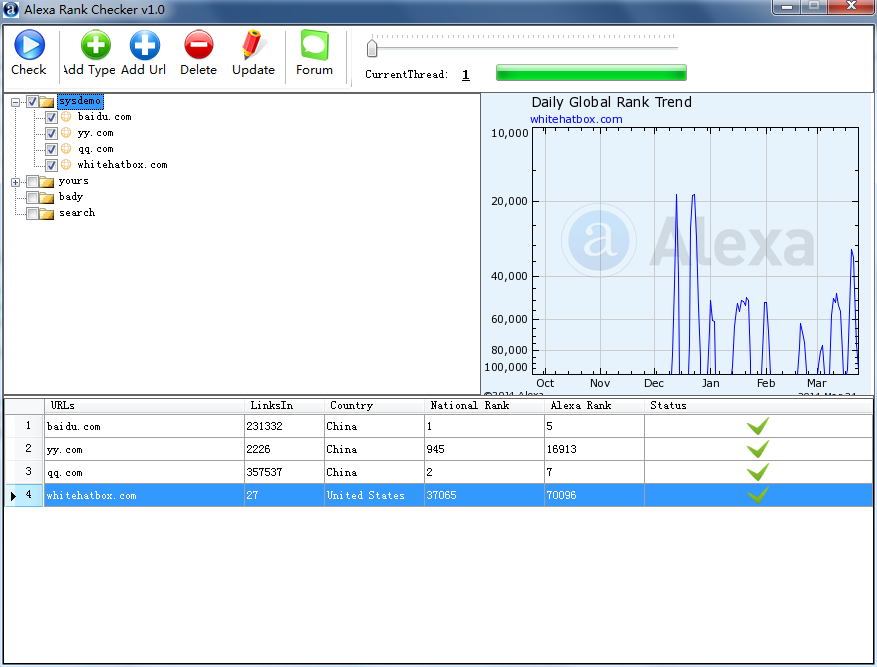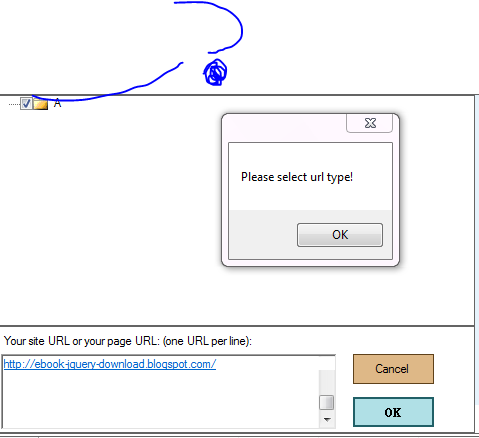Why do I feel like this when I’m not in any real danger?
Early humans needed the fast, powerful responses that fear causes, as theywere often in situations of physical danger; however, we no longer face thesame threats in modern-day living.
Despite this, our minds and bodies still work in the same way as our earlyancestors, and we have the same reactions to our modern worries about bills,travel and social situations. But we can’t run away from or physically attackthese problems!
The physical feelings of fear can be scary in themselves – especially if youare experiencing them and you don’t know why, or if they seem out of proportionto the situation. Instead of alerting you to a danger and preparing you torespond to it, your fear or anxiety can kick in for any perceived threat, whichcould be imaginary or minor.
Why won’t my fear go away and leave me feeling normal again?
Fear may be a one-off feeling when you are faced with something unfamiliar.
But it can also be an everyday, long-lasting problem – even if you can’t putyour finger on why. Some people feel a constant sense of anxiety all the time,without any particular trigger.
There are plenty of triggers for fear in everyday life, and you can’t alwayswork out exactly why you are frightened or how likely you are to be harmed.Even if you can see how out of proportion a fear is, the emotional part of yourbrain keeps sending danger signals to your body.
Sometimes you need mental and physical ways of tackling fear.
What Anxiety Is
Anxiety is a type of fear, dealingmore with worry and the future, rather than fearing something that is present.When fear and anxiety become a pattern in our lives, they become a problem. Ifyour plugged drain in the kitchen sink is a problem, do you ignore it? Ofcourse not. You call a plumber or try to fix it yourself. When fearfulnesscauses harm to your physical and mental stability, and you find yourselfavoiding things that might create more fear, don’t ignore it. When anxietybecomes a debilitating thing that leaves you cowering and sick, don’t try topush it away.
ANXIETYcan be described as “a feeling of nervousness or worry.” Have you, for example,ever felt nervous when confronted by an angry dog? What happens when the doggoes away? The nervousness and worry do too, don’t they? What, though, is ananxiety disorder?
Whenanxiety becomes chronic, when it continues even after there is no more need tofeel anxious, anxiety can become a disorder. According to the U.S. NationalInstitute of Mental Health (NIMH), “anxiety disorders affect about40 million American adults age 18 years and older . . . in agiven year.” Unrelenting anxiety can have serious consequences for thesufferer.
Fear, anxiety or phobia?
Feelings of fear, worry or stress can beupsetting, but they usually pass when the cause of your stress is gone. Youwon’t need too much help fighting your fears here, because they don’t lastlong.
Anxiety is a more serious condition. It is commonto be anxious in a high pressure situation; for example, before you make aspeech or sit an exam. You might also experience anxiety after a stressfulevent, such as an accident.
An anxiety disorder is different, because thoseanxious feelings are there even when there is no obvious cause.
If you experience feelings of anxiety that aresevere or happen often, or if they affect your day-to-day life. You might havean anxiety disorder.
A phobia is an irrational fear of a certain objector situation. Someone with a phobia can experience intense anxiety when theyare exposed to this particular object or situation – or sometimes if they justthink about it.















